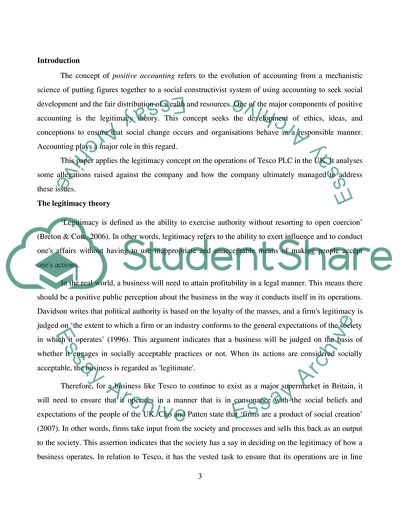Cite this document
(Account theory Essay Example | Topics and Well Written Essays - 1750 words - 1, n.d.)
Account theory Essay Example | Topics and Well Written Essays - 1750 words - 1. https://studentshare.org/finance-accounting/1764124-account-theory
Account theory Essay Example | Topics and Well Written Essays - 1750 words - 1. https://studentshare.org/finance-accounting/1764124-account-theory
(Account Theory Essay Example | Topics and Well Written Essays - 1750 Words - 1)
Account Theory Essay Example | Topics and Well Written Essays - 1750 Words - 1. https://studentshare.org/finance-accounting/1764124-account-theory.
Account Theory Essay Example | Topics and Well Written Essays - 1750 Words - 1. https://studentshare.org/finance-accounting/1764124-account-theory.
“Account Theory Essay Example | Topics and Well Written Essays - 1750 Words - 1”. https://studentshare.org/finance-accounting/1764124-account-theory.


